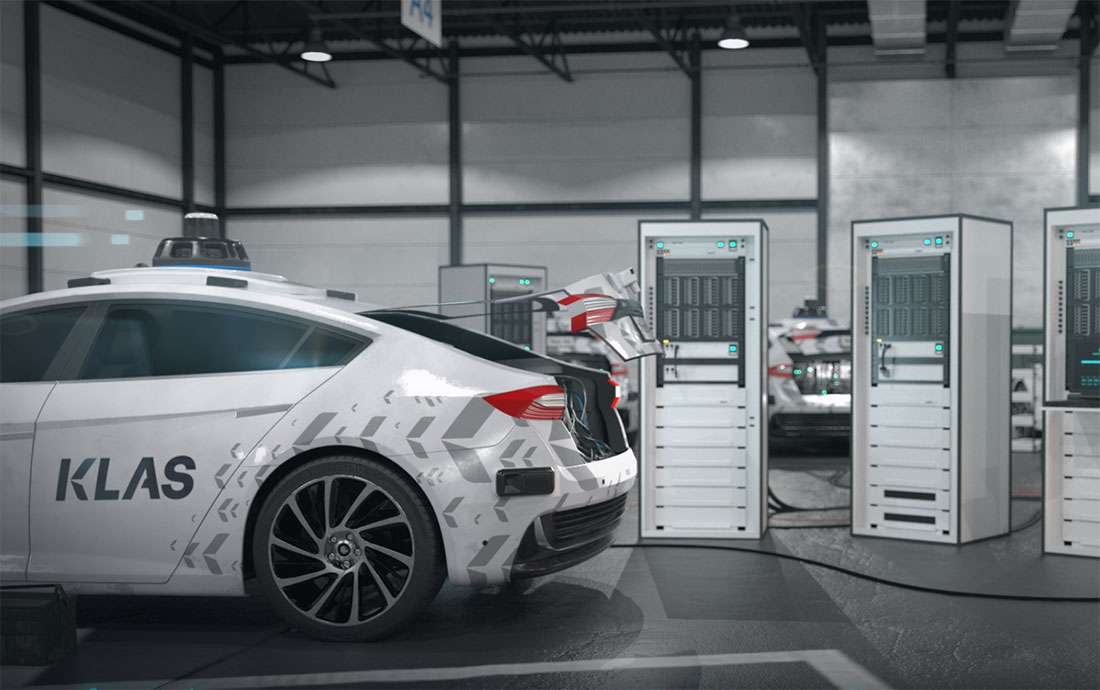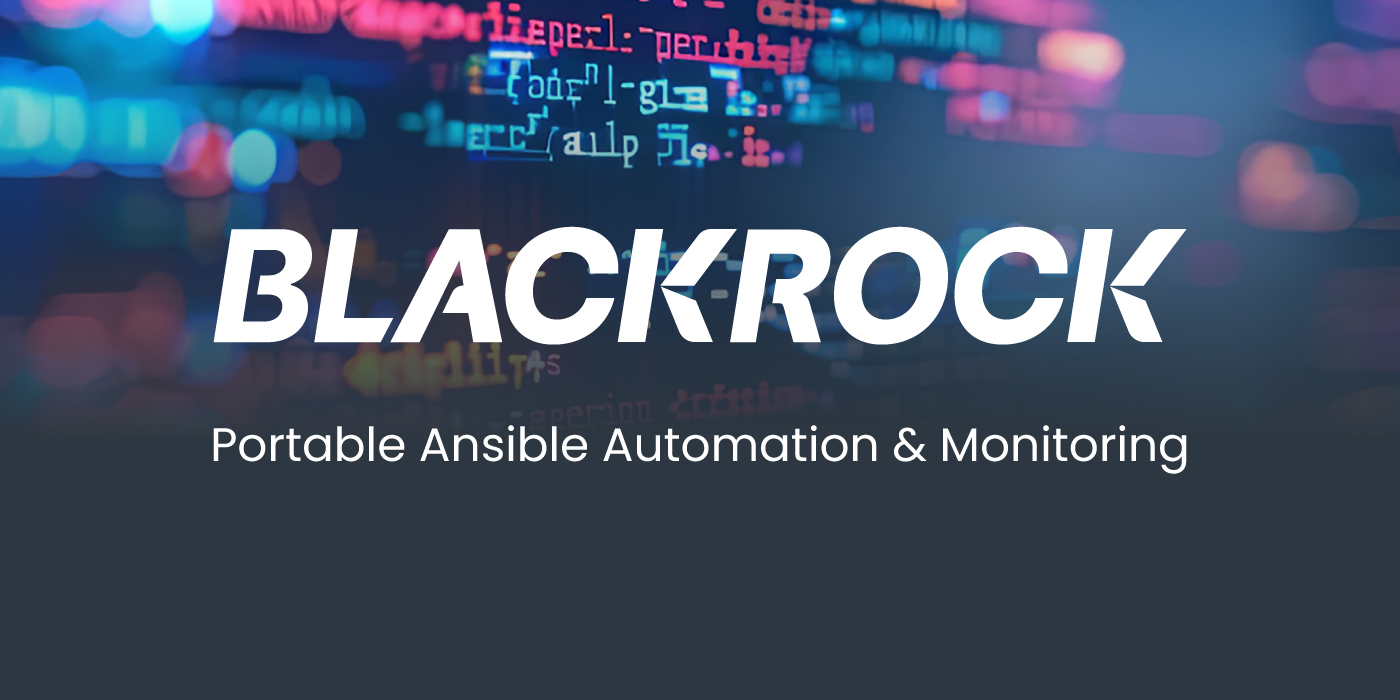“OEMs should design their organizations with the understanding that the ecosystem is ever-changing and there will be a continuous evolution of high-performance computing and more open software platforms.”
Deloitte¹
A recent article from Deloitte¹ outlines the mindset change required to deliver on the era of the software-defined vehicle. A key takeaway from the article is, as per the quote above, the need for an open development platform, one that addresses the need of the modern software engineer in evolving ADAS and AD functionality.
In our blog article, “On the road to cloud performing R&D vehicle data logging,”² we highlighted a way forward to introduce high-performance computing (HPC) that minimizes cost and risk to the OEM and its test toolchain partners. As an extension to the previous article, here we address two key aspects often overlooked when selecting an in-vehicle computing platform – security and reliability.
Secure in-vehicle development environments
Rightly so, the Deloitte article highlights the need for secure development environments. When it comes to selecting an open platform, the following are key considerations in terms of hardware selection for use in-vehicle:
- Self-encrypting drives: eliminate the threat of sensitive data compromise by ensuring all data is encrypted.
- Isolated OS drive: dedicate a separate and secure space to run any Operating Systems (OS), reducing the risk of losing sensitive data due to a corrupted development environment.
- Trusted Platform Module (TPM2.0): secure the running OS and applications while mitigating against the most advanced OS security threats.
Furthermore, before deploying any software to an open platform, a security best practice is to adopt the principle of least privilege. The principle of least privilege ensures each developer has an isolated DevOps environment with minimum system resources and authorizations. An easy option for securing DevOps is to choose an HPC platform that supports any virtualization software stack, such as the TRX D8 2.0 from Klas.
Rugged in-vehicle HPC
The temptation here is to use standard off-the-shelf IT HPC servers. Currently, HPC servers are designed for life in a stable IT environment where power (~1KW), air-conditioning, and space (19″ rack to support 10kg/22lb of weight) are unlimited.
The risk with using standard IT servers is that reliability is sacrificed for cost savings. However, the cost saving is short lived as the in-vehicle environment severely limits the server’s lifetime. The likely outcome is not just a server failure but a loss in productivity, delays in software release cycles, and the added replacement cost.
To achieve the highest reliability for an in-vehicle HPC platform, look for a solution such as the TRX D8 2.0, designed for life on the road. The TRX D8 2.0 complies with MIL-STD-810 standards, i.e. designed for high-temperature, shock, and vibration environments. Furthermore, the TRX D8 2.0 doubles up as a vehicle data logger, with support for up to 240TB of storage and high speed ethernet networking for ease of access to data.
To learn more about TRX D8 2.0 and Klas automotive solutions
Please visit – https://www.klasgroup.com/markets/automotive/l4-l5-data-logging/
Resources
- https://www2.deloitte.com/us/en/blog/business-operations-room-blog/2023/sdv-future-of-automotive-industry.html
- https://www.klasgroup.com/on-the-road-to-cloud-enabled-performance-for-rd-vehicle-data-logging/
Further Reading
On the road to cloud-enabled performance for R&D vehicle data logging
The future of vehicle data logging in the age of enhanced ADAS/AD functionality



